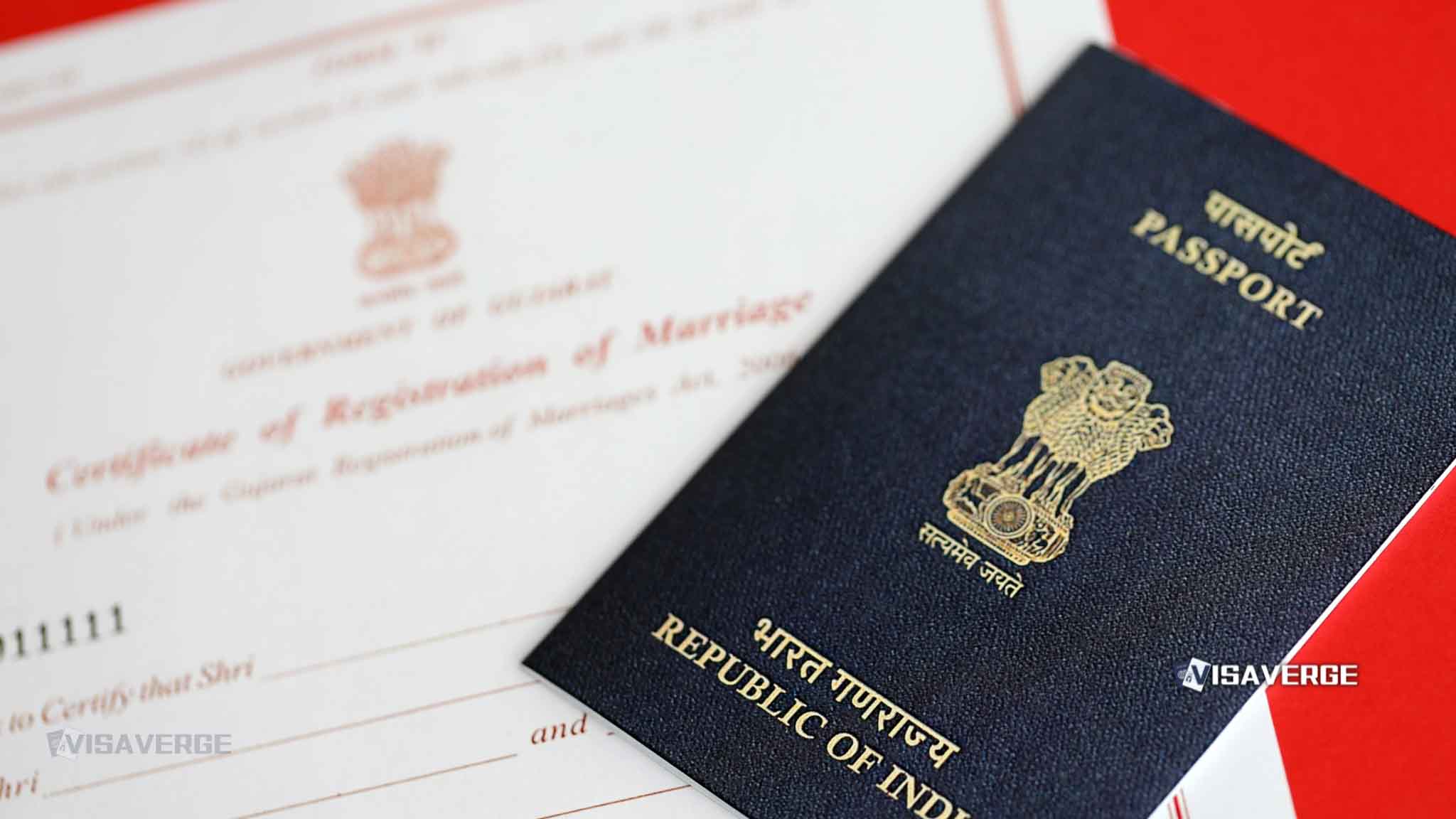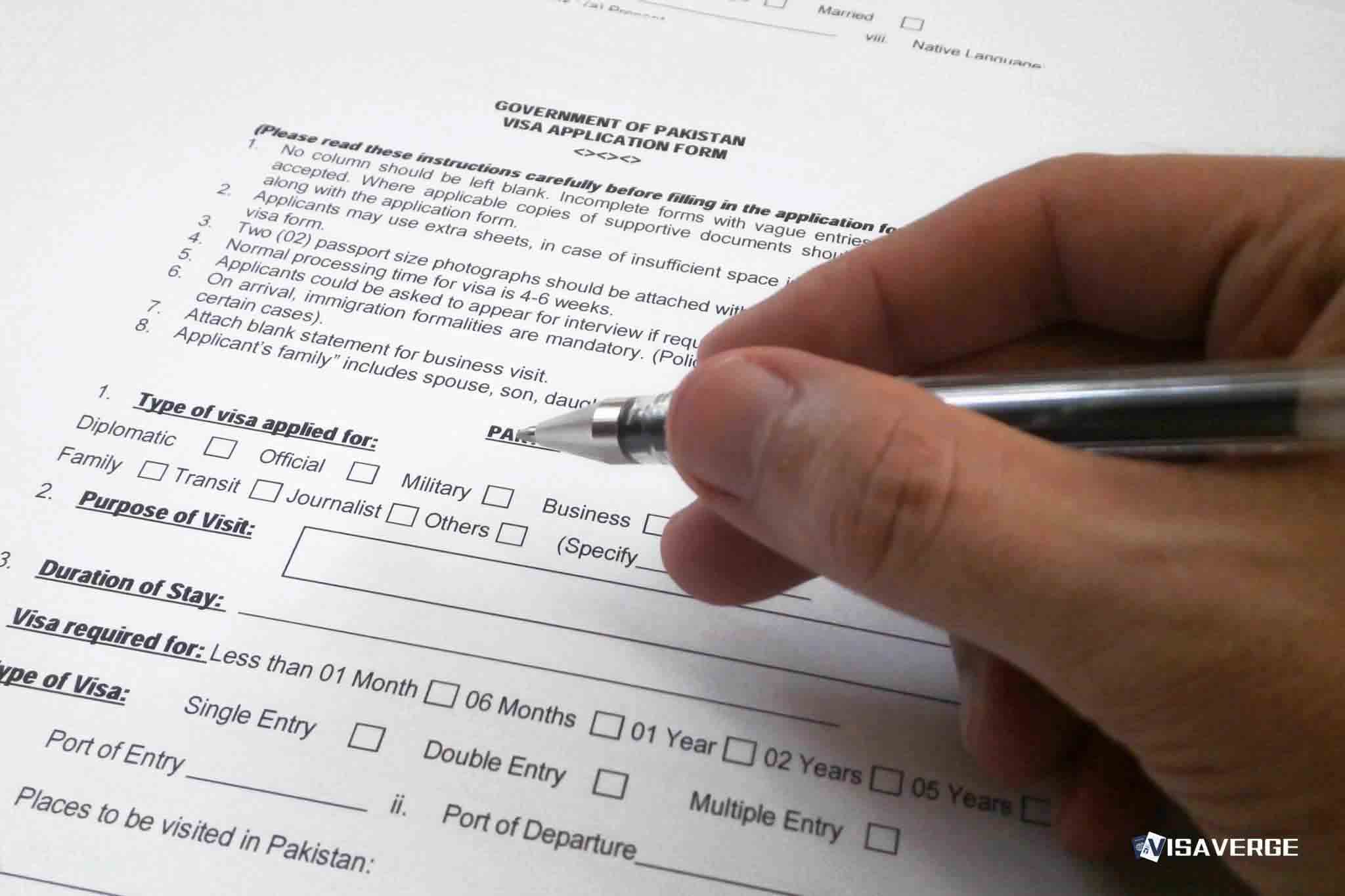Key Takeaways
• UK Immigration White Paper published May 12, 2025, proposes major student visa and migration reform.
• Graduate route reduced from 2 years to 18 months for undergraduates and masters, possible Oct 2025 start.
• Settlement period doubles to 10 years; higher English and skills thresholds for work visas introduced.
Summary of the UK Immigration White Paper and Effective Date
On May 12, 2025, the United Kingdom 🇬🇧 government released a major policy document known as the UK Immigration White Paper, titled “Restoring Control over the Immigration System.” This White Paper sets out a series of proposed changes to the UK’s immigration laws, focusing heavily on student visas, the Graduate route, and work-based migration. The government’s stated goal is to reduce net migration, which reached nearly one million people in the year ending June 2023—a dramatic increase compared to 2019 figures.

The White Paper itself is not yet law. The changes it proposes will only take effect once Parliament passes the necessary legislation. While no exact date has been set, the government has indicated that some changes—especially those affecting student visas, the Graduate route, and Skilled Worker visas—could be implemented as early as October 2025. Transitional arrangements are expected for those already in the UK, but details remain unclear.
For the latest official updates, readers can refer to the UK Home Office Immigration Policy page.
Background and Reasons for the White Paper
The UK government’s decision to overhaul its immigration system comes after a period of record-high net migration. According to official statistics, net migration reached almost one million people in the year ending June 2023, which is four times higher than the level seen in 2019. This surge has led to growing political and public pressure to reduce the number of people coming to the UK, especially through routes perceived as being open to abuse.
The government argues that previous policies allowed for “mass recruitment to plug avoidable skills gaps” and created a system that was “not controlled, managed, or fair.” The White Paper is presented as a way to restore public confidence, ensure that immigration serves the UK’s economic interests, and deliver on the government’s promise to reduce net migration.
Affected Aspects of UK Immigration Law
The UK Immigration White Paper proposes changes across several key areas:
1. Student Visas
The government is concerned that some individuals use student visas as a backdoor to live and work in the UK without genuine study intentions. To address this, the White Paper proposes:
- Stricter oversight of sponsoring institutions: Education providers will face tougher Basic Compliance Assessments, with a focus on enrollment and course completion rates.
- New compliance requirements: Institutions must ensure at least 95% of sponsored students enroll and 90% complete their courses.
- English language requirements for dependents: Adult dependents of student visa holders must meet a minimum A1 English language level.
- Penalties for non-compliance: Institutions that fail to meet requirements risk losing their sponsor license or facing downgrades.
- Increased audits and enforcement: The Home Office will step up monitoring and enforcement activities.
2. Graduate Route
The Graduate route, which allows international students to stay in the UK after graduation, will see significant changes:
- Shorter visa duration: The maximum stay for undergraduate and master’s graduates will be reduced from two years to 18 months. PhD graduates will still be eligible for a three-year visa.
- Review of eligibility: The government will review the Graduate route, considering further restrictions such as limiting eligibility to certain institutions or disciplines, requiring job offers or minimum salaries, and capping the total number of visas.
- Rationale: The government wants to ensure that those who remain in the UK after graduation are moving into skilled jobs and contributing to the economy.
3. Settlement and Citizenship
The path to permanent residency (Indefinite Leave to Remain) and citizenship will become more demanding:
- Longer qualifying period: The standard period before becoming eligible for settlement will increase from five to ten years.
- Reduced periods for exceptional contributions: Some may qualify sooner if they make significant contributions to the UK economy or society, though details are not yet specified.
- Higher English language requirement: Most adult applicants will need to meet a B2 English language level, up from B1.
- Revised Life in the UK Test: The government plans to update the test, but specifics are pending.
4. Skilled Worker and Other Work Visas
Work-based migration will also be tightened:
- Higher skills threshold: The minimum skill level for work visas will return to degree level, reversing recent trends that allowed more lower-skilled workers.
- Focus on specialized routes: The government will encourage applications through routes like Global Talent, High Potential Individual, Innovator, and Expansion Worker.
- Stricter shortage occupation rules: Recruiting for shortage occupations will face tighter restrictions.
- Industry workforce strategies: New plans will be developed to help businesses hire more British workers.
Implications for Different Groups
International Students and Educational Institutions
The proposed changes to student visas and the Graduate route will have a major impact on both students and the universities that rely on them.
- Students: International students may find it harder to qualify for a UK student visa. Those who do qualify will have less time to find work after graduation. Dependents will face new English language requirements.
- Universities: Institutions will face stricter compliance checks and risk losing their ability to sponsor international students if they do not meet the new standards. This could threaten the financial stability of universities, especially those that rely heavily on international tuition fees.
Example:
A student from India 🇮🇳 planning to pursue a master’s degree in the UK in 2026 will need to ensure their chosen university maintains a high compliance rating. After graduation, they will have only 18 months (instead of two years) to secure a skilled job or switch to another visa route.
Employers and the UK Workforce
- Employers: Companies that rely on international graduates or lower-skilled workers may find it harder to fill vacancies. The return to a higher skills threshold for work visas means fewer roles will qualify for sponsorship.
- British workers: The government hopes that tighter rules will encourage businesses to invest in training and hiring local talent.
Current Visa Holders and Applicants
- Transitional arrangements: Those already in the UK on student or work visas may be allowed to complete their current visa period under the old rules, but details are not yet confirmed.
- Prospective applicants: Individuals considering applying for a UK visa should act quickly to benefit from current rules, as the new requirements will be more restrictive.
Comparison with Previous Law
The White Paper marks a clear shift away from the more open policies of recent years. Key differences include:
- Student visas: Previously, compliance requirements for institutions were less strict, and there were no English language requirements for dependents.
- Graduate route: The two-year post-study work visa for undergraduates and master’s graduates was introduced in 2021 to attract international students. The new rules shorten this period and may introduce further restrictions.
- Settlement: The standard qualifying period for Indefinite Leave to Remain was five years; this will double to ten years for most applicants.
- Work visas: The skills threshold had been lowered to allow more lower-skilled workers; the new rules reverse this, focusing on higher-skilled roles.
According to analysis by VisaVerge.com, these changes represent “one of the most significant tightening of UK immigration policy in over a decade.”
Implementation Timeline
- May 12, 2025: White Paper published, outlining proposed changes.
- Summer 2025: Legislation expected to be introduced in Parliament.
- October 2025 (earliest): Some changes, especially to student visas, Graduate route, and Skilled Worker visas, could take effect.
- End of 2025: Full review of the Graduate route expected, with possible further restrictions announced.
- Transitional arrangements: Details for those already in the UK will be provided closer to the implementation date.
Practical Guidance and Next Steps
For individuals and organizations affected by the proposed changes, the following steps are recommended:
- Students and applicants:
- Apply for UK student visas or Graduate route visas as soon as possible to benefit from current rules.
- Check that your chosen educational institution meets the new compliance requirements.
- Prepare for higher English language standards for yourself and any adult dependents.
- Universities and colleges:
- Review compliance procedures to ensure high enrollment and course completion rates.
- Prepare for increased audits and possible penalties for non-compliance.
- Communicate changes clearly to prospective international students.
- Employers:
- Assess workforce needs and plan for reduced access to lower-skilled international workers.
- Explore alternative visa routes for high-skilled roles.
- Invest in training and recruitment of British workers.
- Current visa holders:
- Monitor government announcements for details on transitional arrangements.
- Consider accelerating applications for settlement or visa extensions before new rules take effect.
Official forms and resources:
– UK Student Visa application form
– Graduate Route visa application
– Skilled Worker visa application
Broader Context and Criticisms
The UK Council for International Student Affairs (UKCISA) has warned that these changes could make the UK a less attractive destination for international students, potentially putting over £40 billion in economic contributions at risk. They argue that the increased compliance burden comes at a time when universities are already under financial pressure.
Critics also caution that the government’s approach may be an “overcorrection,” risking damage to the UK’s reputation as a world-leading education provider and harming sectors that rely on international talent. Some experts point out that the impact of these changes will depend on how they are perceived by prospective students and employers, as well as the details of the final legislation.
Conclusion and Actionable Takeaways
The UK Immigration White Paper of May 2025 sets the stage for a major tightening of immigration rules, especially for student visas and the Graduate route. The government’s goal is to reduce net migration and ensure that immigration serves the UK’s economic interests. However, the changes will create new challenges for international students, educational institutions, employers, and current visa holders.
Key actions to consider:
– Apply early for visas under current rules if eligible.
– Stay informed about legislative developments and transitional arrangements.
– Universities and employers should review compliance and workforce strategies.
– Seek professional immigration advice if unsure how the changes may affect your situation.
For ongoing updates and authoritative information, visit the UK Home Office Immigration Policy page.
By preparing now, individuals and organizations can better manage the transition to the new UK immigration system and make informed decisions about their future in the United Kingdom.
Learn Today
White Paper → A government policy document outlining proposed immigration reforms and future legislative plans.
Graduate Route → A visa allowing international students to stay in the UK post-graduation for work or job search.
Indefinite Leave to Remain → Permanent residency status enabling migrants to live and work in the UK indefinitely.
Basic Compliance Assessment → Evaluation process ensuring educational institutions meet visa sponsorship requirements and student enrollment criteria.
Skilled Worker Visa → Work visa for individuals meeting specific skill and salary thresholds to fill labor shortages.
This Article in a Nutshell
On May 12, 2025, the UK government unveiled a White Paper aiming to control immigration. Key changes include stricter student visa rules, shorter Graduate route stays, and tougher work visa criteria, targeting reduced migration while impacting students, employers, and visa holders. Implementation could start as early as October 2025.
— By VisaVerge.com
Read more:
• CVU students hold walkout over changes to US immigration policy
• Trump Administration Yanks Visas From Indiana International Students
• Oklahoma House blocks plan to collect student immigration status
• Rubio pledges to expand student visa revocations after Senate hearing
• Canada issues 31% fewer study permits to Indian students in 2025













